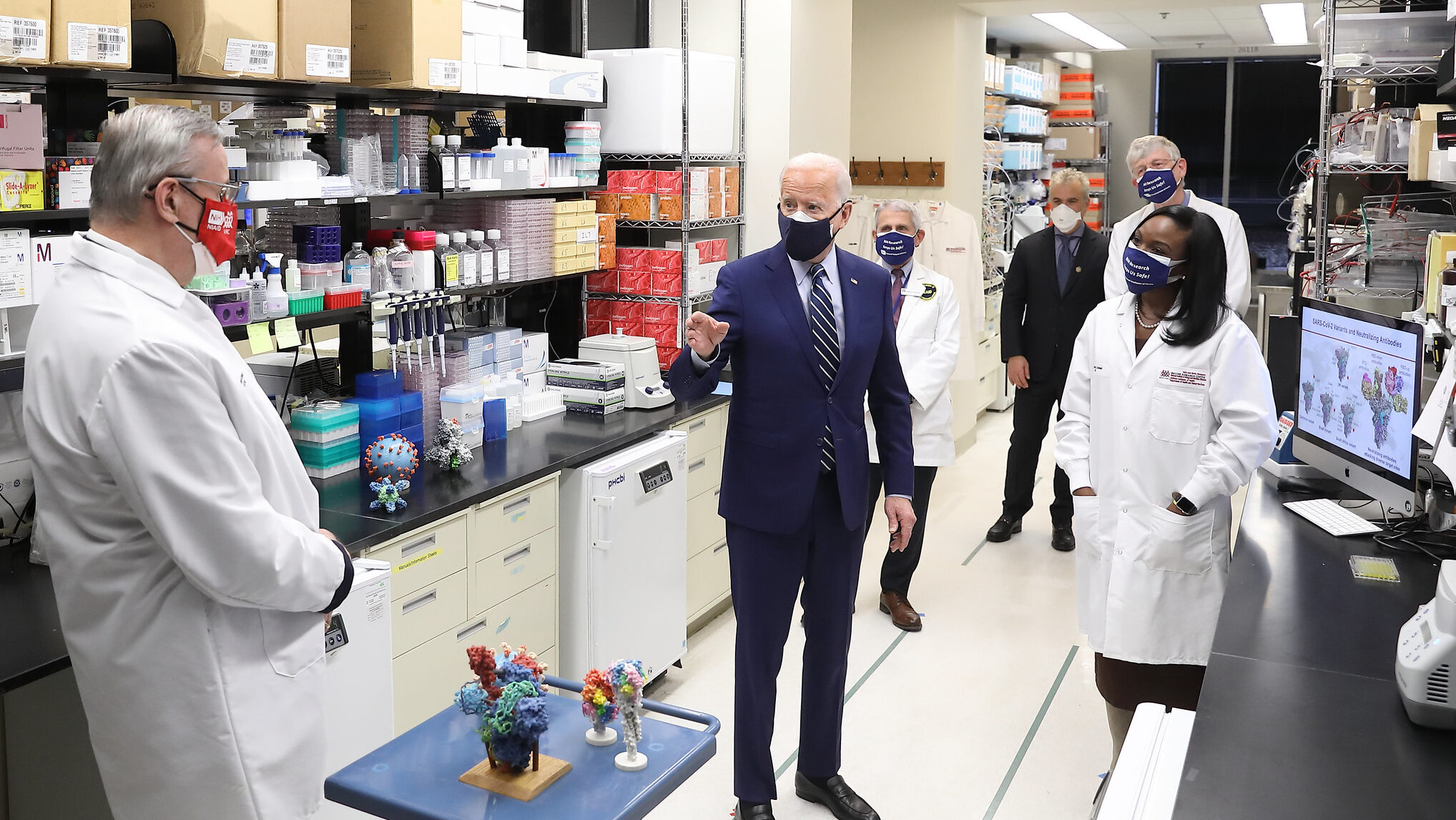
In a surprising admission, former NIH Director Francis Collins acknowledged that the federal government was a major source of COVID-19 misinformation [8e64ed25]. Collins revealed that there was no scientific evidence to support the widely followed social distancing guidelines implemented by the Centers for Disease Control (CDC) [8e64ed25]. The six-foot social distancing rule, which was heavily promoted by the government, lacked any scientific basis [8e64ed25]. Collins also acknowledged that the government colluded with Big Tech to suppress public debate about COVID-19 responses [8e64ed25]. This revelation raises questions about the government's role in pushing policies without scientific justification and its collaboration with tech companies to stifle dissenting opinions [8e64ed25].
Collins' admission aligns with the concerns raised by prominent scientists who criticized the government's approach to the pandemic. In 2020, Dr. Martin Kulldorff, Dr. Jay Battacharya, and Dr. Sunetra Gupta issued The Great Barrington Declaration, which questioned the effectiveness of mass lockdowns and advocated for a more targeted approach [8e64ed25]. However, their views were met with censorship on social media platforms like Facebook and Twitter [8e64ed25]. This censorship, coupled with the government's pressure on social media companies to remove COVID-19 'misinformation,' created an environment where government-backed narratives dominated public discourse [8e64ed25]. The federal government justified its censorship as a necessary measure to promote vaccination and protect public health [8e64ed25].
The admission by Collins and the revelations about government censorship highlight the need for transparency and open debate in shaping public health policies. The collusion between the government and Big Tech to suppress dissenting voices raises concerns about the erosion of free speech and the influence of powerful institutions on public discourse [8e64ed25]. It is crucial to critically examine the scientific justifications behind government policies and ensure that decisions are based on evidence rather than political considerations. The acknowledgment of government misinformation and censorship underscores the importance of independent research and diverse perspectives in navigating complex public health crises like the COVID-19 pandemic [8e64ed25].